United Nations Environment Programme United for Efficiency (UNEP-U4E) has supported Indonesia’s ADLIGHT, Advancing Indonesia’s Lighting Market to High Efficient Technologies, project with capacity building since it was launched in September 2020. This increase in breadth of knowledge and skills has underpinned the development of minimum energy performance standards (MEPS) and energy labels for light emitting diode (LED) lights that are scheduled to come into force in July 2023 and helped inform improved monitoring, verification and enforcement (MVE) activities.
During the MEPS and labelling development process, UNEP-U4E supported capacity building of stakeholders (from government, industry and lighting testing laboratories). This training was designed to aid in benchmarking, formulation and post implementation of MEPS for the lighting products, whilst building competence and the capacities of testing infrastructure facilities. To achieve this UNEP-U4E technical experts provided training and insights on round-robin testing of LED lamps within Indonesian LED testing facilities and provided information on MEPS and energy labels and corroborated evidence from the Indonesian lighting market characteristics that informed the decision to set minimum consumption for the LED MEPS at 80 lumens per Watt. To support improved market monitoring, verification and enforcement, UNEP-U4E also provided capacity building on the significance and benefits of product registration systems and the impact a national and/or a regional system could have in Indonesia/ASEAN region.
During the second half of 2021, dedicated hybrid workshops, with both on-site and online participants, where held on on round-robin testing of LED lamps within Indonesian LED testing facilities, product registration system development and MEPS and labelling of energy-efficient lighting products. Copies of the presentations from these workshops can be downloaded by clicking on the descriptions of the presentations provided below:
Round robin testing of lighting products
- The importance and benefits of monitoring, verification and enforcement and the role of product testing.
- Round robin testing objectives, methodology and benefits, including an introduction to the international technical requirements for the competence of testing and calibration laboratories and the statistical methods for use in proficiency testing by inter-laboratory comparison.
- Lighting standards and testing procedures, including efficacy and functional performance standards, along with an illustrative example of an experimental design of round robin testing of lamps and result interpretation.
Product registration system development
- The significance and benefits of product registration systems and their use as a key part of any monitoring, verification and enforcement toolkit, along with an introduction to the UNEP-U4E product registration system software and the ASEAN regional product registration database.
- The components of a product registration system for energy-efficient lighting.
- Data confidentiality requirements and how manufacturer sensitivity issues of can be addressed within a data sharing regime.
MEPS and labelling of energy-efficient lighting products
- The significance and benefits of MEPS for lighting products.
- MEPS regulations for lighting products (based on ASEAN Regional Roadmap), including scope of products, efficacy requirements, functional performance parameters and requirements, test methods and performance standards and testing infrastructure.
- The importance of product labelling, types and characteristics of labelling for lighting products (endorsement/comparative, etc.) and the design and development approach of a label for lighting products, including effectiveness and technical factors and the benefits of regional and international labelling harmonization for lighting products.

